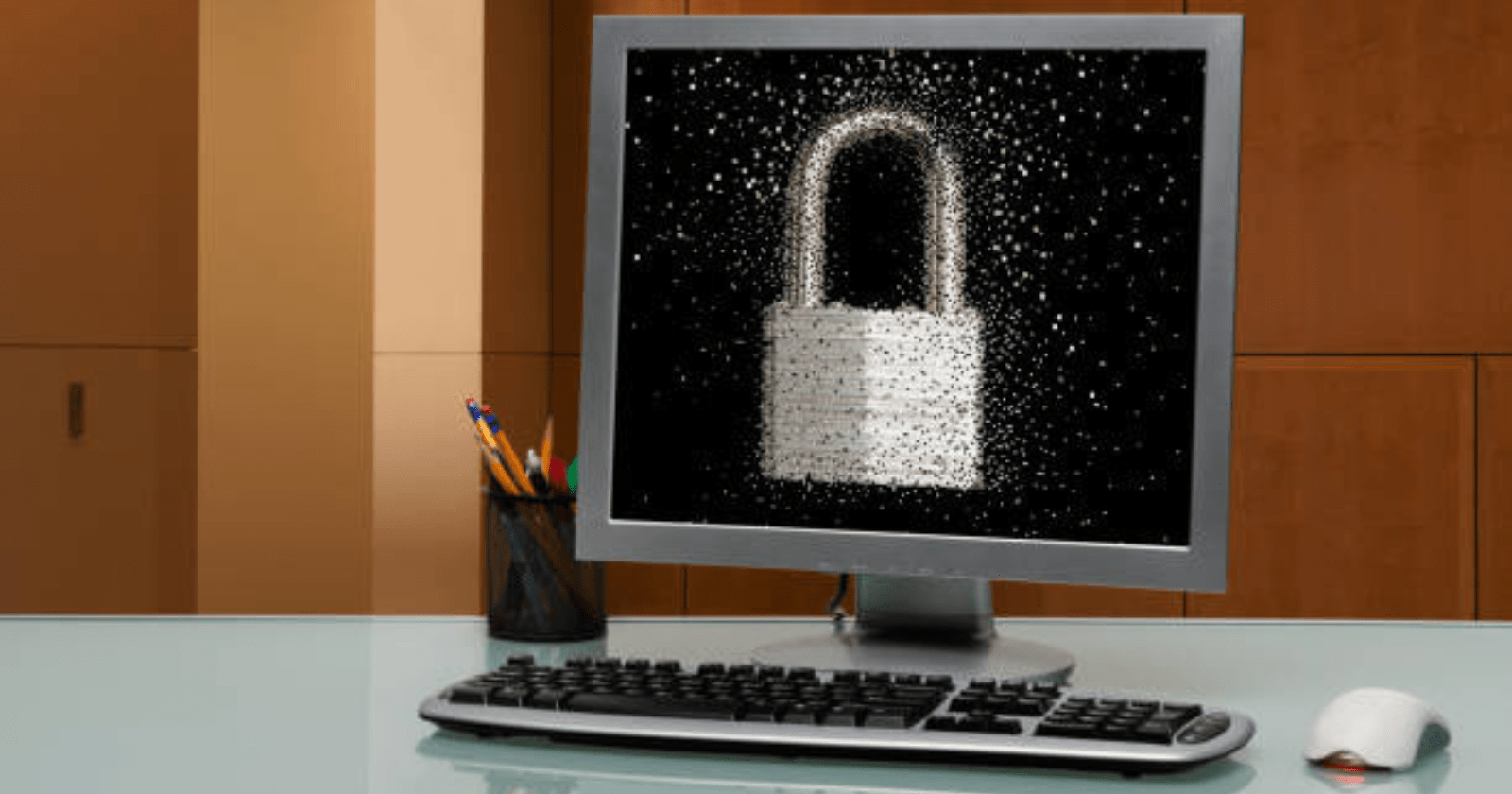How can you protect your home computer: While the internet is a great tool, your home computer, like your home, requires security measures to keep out intruders (the digital sort, that is!). To turn your computer from an open portal into a digital fortress, follow these simple steps:
How can you protect your home computer
Guard at the Gate: Antivirus and Firewalls
- Consider your firewall to be the gatekeeper to your computer. It verifies that only authorised material enters and leaves by inspecting everything that is brought in. Although the majority of operating systems have a firewall built in, you may want to install a third-party alternative for further security. Imagine if the guard also has your antivirus software on hand as a package detector! It looks for malware, or dangerous software, which is capable of stealing your data or harming your machine. For optimal protection, make sure your antivirus and firewall software are up to date.
Lock it down: User accounts and strong passwords
- Don’t leave your computer exposed, just as you wouldn’t leave your home unsecured. Employ secure passwords that combine capital and lowercase characters, digits, and symbols. Don’t use readily guessed personal details, such as pet names or birthdays. To help you establish and remember distinct passwords for each of your accounts, think about using a password manager. Make distinct user accounts on your computer as well, particularly if you share it with others. Everyone maintains their privacy and personal space in this manner.
Think Before You Tick: Watch Out for Online Threats and Phishing
- Phishing emails and websites aim to deceive you into ticking on harmful links or divulging personal information. Emails or texts offering amazing offers or demanding quick action should be avoided. Avoid ticking on dubious links or attachments, and confirm website URLs twice before inputting any data. Something is most likely real if it looks too wonderful to be true!
Software Knowledge: Updating and Storing
- The alerts for software updates that you consistently disregard? They are in fact significant! Security fixes that address flaws that hackers may exploit are often included in these updates. As soon as updates are released, be careful to install them for your web browser, operating system, and other apps. Lastly, remember to backup your computer data, just as you would with priceless family pictures. You can be sure you have a duplicate of your vital data in case of a virus attack or computer catastrophe by regularly backing them up to an external hard drive or cloud storage.
How can you protect your home computer regularly back up?
Imagine losing all of your priceless pictures, essential paperwork, and tunes you like. Isn’t it a nightmare? That’s why it’s so important to back up your computer.
It may be compared to digital life insurance. Your computer’s backups act as a safety net, shielding your important data from theft, mishaps, and hardware malfunctions.
Here’s how to do it:
- External Hard Drive: This resembles a transportable locker for storage. All of your crucial files may be copied onto it.
- Cloud Storage: Visualize keeping your belongings safe and secure online. You can get help with this from services like Dropbox, iCloud, and Google Drive.
- Online backup services: The data on your computer is automatically backed up to their safe servers by these specialist services.
How can you protect your home computer cyber security

The internet is a great resource for work, play, and staying in touch with loved ones. However, in order to protect your computer from intrusions, it requires security measures, just as your house does. Here’s how to turn your home computer into a safe refuge from online threats:
Protector of the Gates: Anti-Malware and Firewalls
- Consider your computer to be a fortress. A powerful firewall serves as the first line of defence. Although the majority of OS systems have a firewall built in, for more security you may want to look into a third-party solution. Imagine it as a watchful guard that makes sure only authorised guests (data) enter by checking everything that comes in and leaves.
- Although they’re fantastic, firewalls can’t capture everything. Anti-malware software may help with that. It performs the duties of an expert scout, continuously searching for harmful software (malware) that might compromise your privacy or harm your machine. For the defence, make sure your firewall and anti-malware software are up to date.
- Strong passwords are essential to any effective security system: Get rid of your pet names and birthdays; hackers will adore them! Use a combination of capital and lowercase characters, numbers, and symbols to create complicated passwords. Think of a password as a sophisticated vault door; the more complicated it is, the more difficult it is to penetrate. To assist you in creating and keeping separate passwords for each of your accounts, think about using a password manager.
- Watch out for the Phishing Net: hackers use false lures, much as digital phishers. They use phishing schemes, which are emails or websites that pose as reliable establishments like your bank or a well-known retailer. These scams aim to deceive you into disclosing personal information or ticking on harmful links. Anything that seems too good to be true or that demands action right now should be avoided. Avoid opening attachments or ticking on dubious links, and confirm website URLs twice before entering any information.
- Software Expert: You know those update alerts you can’t seem to ignore? They resemble security updates for the defences of your machine! Frequently, these upgrades address security holes that hackers may use. Consider them like software updates that fortify the security of your machine. As soon as updates are released, be careful to install them for your web browser, operating system, and other apps.
- Reserve Brigade: The greatest defences are not impregnable. Having a backup plan is thus essential. You can be sure you have a duplicate of your vital data in case of a computer catastrophe or virus attack by regularly backing them up to an external hard drive or cloud storage. It’s like to having your digital assets buried in a vault!
